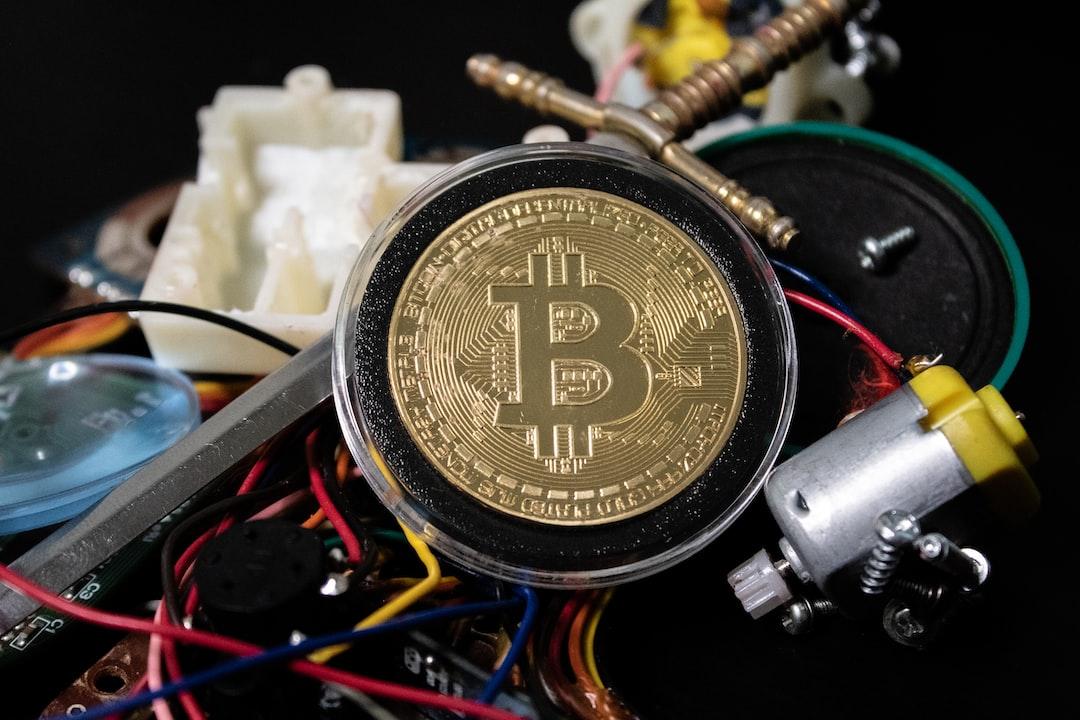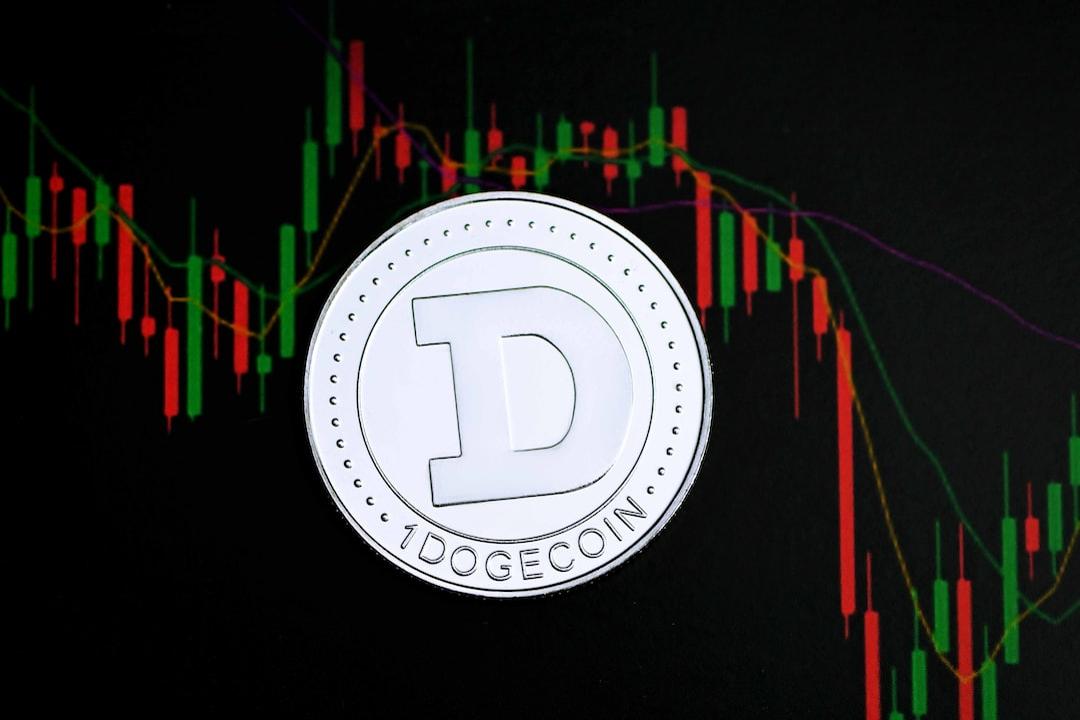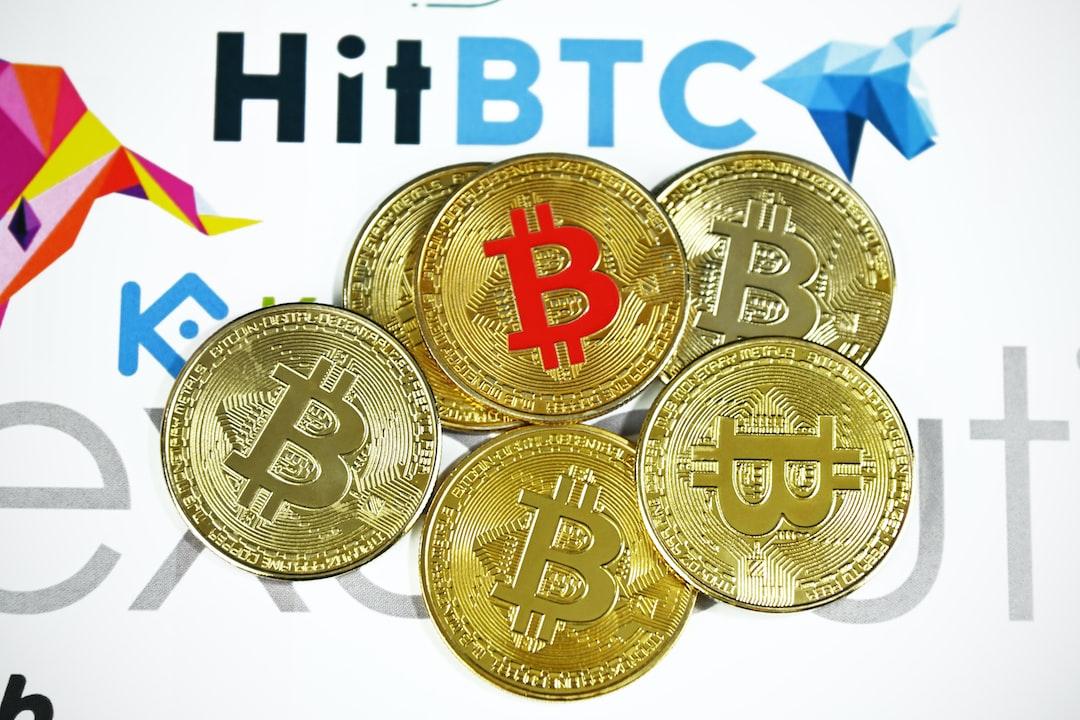What is XChat?
On June 1st, Musk began to exert his efforts and announced the launch of a new messaging system, XChat, on the X platform, featuring end-to-end encryption, disappearing messages, file transfer, and cross-platform video and audio calls.
In other words, X not only allows for sending and receiving messages but may gradually develop real-time chat functions similar to Telegram or WeChat.
Currently, this feature is still in the testing phase, and not all users can experience it.
However, what attracts more attention is Musk’s claim that XChat uses “Bitcoin-style encryption” and is developed using Rust language, boasting a “brand new architecture.”

XChat Test Version Features Preview
According to some feedback from users, some X accounts have already received XChat, marked as a “Beta” test version. The core function is that private messages will be end-to-end encrypted on all your devices, making it impossible for anyone to read your private messages, including X.

Decoding XChat Features
End-to-end encryption: Messages and call content can only be seen by the communicating parties, and third parties (including the X platform) cannot eavesdrop.
Disappearing messages: Messages can be set to automatically delete after a certain time, such as 10 minutes, for enhanced privacy protection.
File transfer: Supports sending any type of file, including photos, videos, documents, etc., without being limited by format or size.
Cross-platform video and audio calls: Calls can be made without a phone number, supporting multiple devices such as phones and computers, with the call content also being encrypted.
It’s quite similar to Telegram.
What Does Bitcoin Have to Do with This?
When it comes to “Bitcoin-style encryption,” many people’s initial reaction might be: Isn’t Bitcoin used for transfers? What does it have to do with encrypted chat?
Let’s review Bitcoin’s encryption technology and see how XChat might draw inspiration from it.

More Than Just Chatting
The launch of XChat is not just a simple messaging tool.
Musk has always wanted to turn X into an “everything app,” similar to the widely used WeChat.
From some of his actions, like acquiring Twitter and borrowing many features from WeChat, integrating Grok AI, and more, it can be inferred.
With the gradual passage of the U.S. Stablecoin Act and the formation of a crypto-friendly environment, we also have reason to expect the emergence of payment-related functions, such as XPay.
If XChat can integrate payment (XPay), AI assistant (Grok 3), social (X platform’s community features), and strong privacy protection, it could easily become the “super WeChat” of the West.
Finally, looking at the term “Bitcoin-style encryption,” is it really so unique? Actually, not necessarily.
Elliptic curve cryptography (ECC), digital signatures (ECDSA), hash algorithms (SHA-256), these technologies are not exclusive to Bitcoin.
Many secure applications use similar technologies, such as WhatsApp and Signal’s end-to-end encryption, which also rely on ECC and hash algorithms; Apple’s iMessage even adopted ECC in the 2010s. While Bitcoin’s encryption technology is reliable, it is more like an “industry standard” with not much originality.
Musk’s choice of the term “Bitcoin-style” is likely for marketing considerations. Bitcoin, as a “synonym” for cryptocurrency, comes with its own traffic and trust aura.
However, the more pro-encryption expressions, the happier we are.
In the environment of tokenization of attention, the future functions and gameplay of X and Musk are also worth looking forward to.
This article was cooperatively reproduced from: Deep Tide

